Keywords: Priests
There are more than 200 results, only the first 200 are displayed here.
-

RELIGION
- Bill Wright
- 06 March 2017
4 Comments
Speaking of reform in the church can mean many things. Often it's about practical matters: sorting out the Vatican Bank, changing how bishops are chosen or clergy trained; that sort of thing. Occasionally, however, reform is about seeking real religious change. Martin Luther, I want to suggest, is one of those reformers who was not concerned with tinkering with structures of the church but with reforming the Christian message so that it might reform the believer.
READ MORE
-

ARTS AND CULTURE
- Tim Kroenert
- 22 February 2017
6 Comments
It is the story of two 17th century Portuguese Jesuits who travel to Japan to locate their former mentor, who is said to have renounced his faith, and to spread Catholicism. They find the local Christian populations have been driven underground, under threat of torture and execution. The lesson they come to learn against this fraught backdrop is that the living out of religious faith and the strengths and limitations of ordinary humanity cannot be considered in isolation from each other.
READ MORE 
-
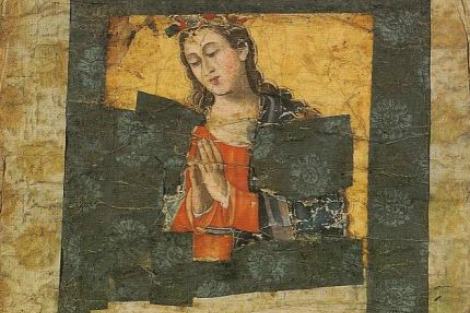
INTERNATIONAL
- Jeremy Clarke
- 22 February 2017
7 Comments
We are treated at length to Rodrigues' reflections upon the face of Christ, yet the beautiful inculturated image 'Madonna of the Snows' passes us quickly by. There are haunting local hymns yet the missionaries speak halting Japanese. The local church is served by a respected un-ordained head, who leads his fellow villagers in prayer and good works. The survival of the Japanese Catholic community rested on the feeble, faith-filled shoulders of the local women and men who kept praying even unto death.
READ MORE 
-
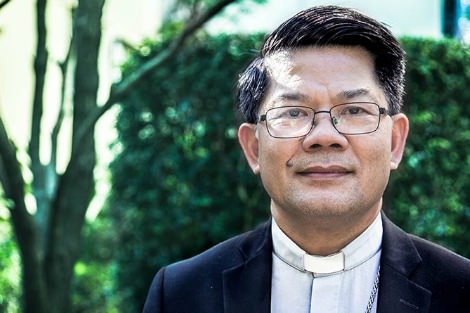
RELIGION
- Andrew Hamilton
- 22 February 2017
70 Comments
The most thought provoking testimony given during the Royal Commission's Catholic 'wrap up' was that by Vincent Long, Bishop of Parramatta. It was notable for its directness, honesty and the awareness it displayed of the importance of church culture. Bishop Long grew up in the Vietnamese Catholic Church and was afterwards chosen to lead the Australian Church. In his responses he focused particularly on clericalism and its role in giving license and cover to clerical abuse.
READ MORE 
-

RELIGION
- Frank Brennan
- 17 February 2017
3 Comments
The commission's forensic scrutiny of past actions of church officials in no way constitutes an interference with the freedom of religion. Its spotlight is to be welcomed, provided only that it is shone on a truly representative sample of all institutions which have been found wanting and provided the same light filter is applied to all institutions. I do however have a problem with the commission making findings on issues like the want of compassion when those findings are made only against a Church.
READ MORE
-
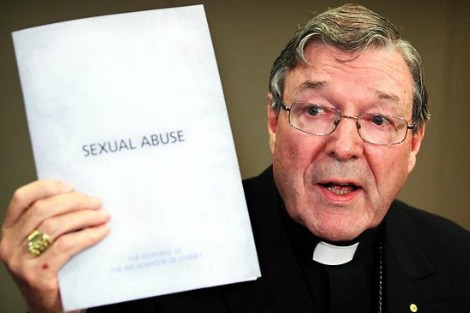
RELIGION
- Frank Brennan
- 13 February 2017
74 Comments
Last Monday, the Royal Commission commenced its three-week forensic examination of the causes of child sexual abuse and cover up in the Catholic Church in Australia over the last 60 years. The statistics were horrifying. Every case represented a person who claims as a child to have been abused by a person of authority in a Catholic institution. Whichever way the statistics are interpreted in comparison with other institutions, they are appalling. We need to hold the victims clearly in focus.
READ MORE 
-

ARTS AND CULTURE
- Tony London
- 13 February 2017
6 Comments
The chimneys of various shapes and sizes on the priest's houses next door, have not spumed since the winter, and in and around St Patrick's things like that might seem symbolic. Will fires ever be lit there again - lest the people speak - the ribbons spliced up and down the wrought iron railings, rattle in the brisk autumn breeze, telling stories of love, suffering and endless disharmony, broken trust, send messages to those in the passing traffic ... better the devil you don't know ...
READ MORE 
-
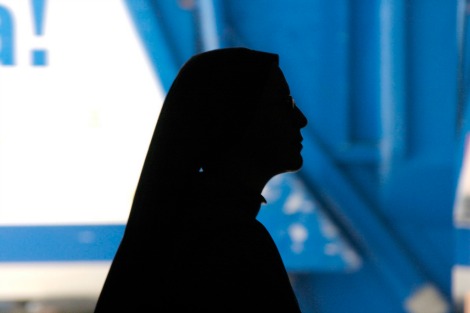
RELIGION
- Julie Davies
- 07 February 2017
20 Comments
Sister Barbara taught me in my fifth and sixth years. She had a large multi-grade class, yet she found time to realise I wasn't 'a bit slow' but was actually half-blind, partially deaf and bored witless. She ensured I was placed close to the front where I could hear, and arranged my first eye examination. Sister Barbara also sent away for high school English books just for me and that year this supposedly 'slow' child came first in class. These acts changed the course of my life.
READ MORE 
-
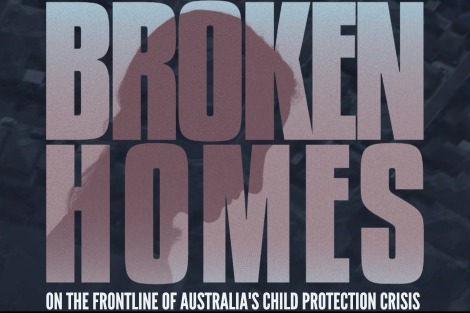
AUSTRALIA
- Oliver Jacques
- 27 January 2017
10 Comments
Allowing the Catholic Church to investigate itself was once described by an abuse victim as akin to 'putting Dracula in charge of a blood bank'. The Church now largely accepts the value of outside scrutiny, and has even endorsed a national redress scheme that would subject it to independent examination of its complaint handling and treatment of victims. But there is another institution - plagued by rampant child abuse in 2016 - where the vampires in charge are still trusted to mop up the blood.
READ MORE 
-
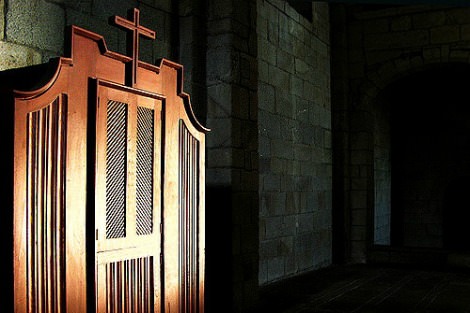
RELIGION
- Frank Brennan
- 05 December 2016
18 Comments
One distinctively Catholic practice is personal confession in which an individual confesses to God their sins and seeks forgiveness in the presence of and at the hands of a priest. Some groups and individuals are proposing to the royal commission that the seal of the confessional no longer be inviolable. I was quoted in The Australian saying, 'If a law is introduced to say that a priest should reveal a confession, I'm one of those priests who will disobey the law.' Being also a lawyer, let me explain.
READ MORE 
-

ENVIRONMENT
- Frank Brennan
- 28 November 2016
'No matter what the economic, political and legal problems confronted by modern day India, our response can be improved by an application of the key principles and norms developed in the international law of trade and human rights, helping to enunciate the realm of law, regulation and political accountability, enhancing public scrutiny providing the right environment for doing business.' Frank Brennan presents the 25th JRD Tata Oration, Xavier School of Management, Jamshedpur, India, 26 November 2016.
READ MORE
-

RELIGION
- Brian Doyle
- 24 November 2016
12 Comments
All the way to Mass is Mass, says my wife. I know what she means. Walking along the wooded shore of the lake, through the halls of ash and maple trees, past the cedars and firs ... past the blackberry bushes and the burbling kindergarten and the redolent bakery and the cheerful bank tellers who wave ... is such a walk not a celebration of miracle, a witnessing of grace, a reminder that the quotidian is deeply holy in every detail did we only attend closely enough to see His mark?
READ MORE 